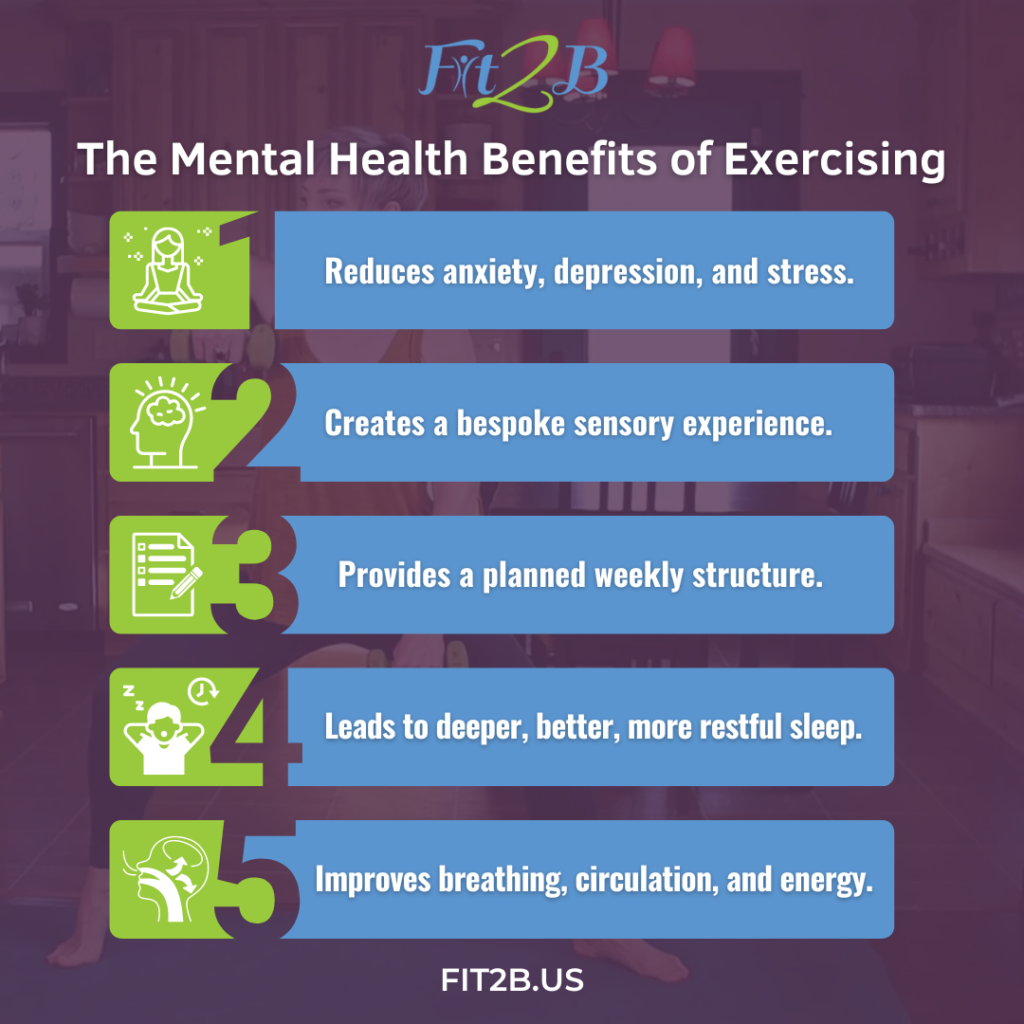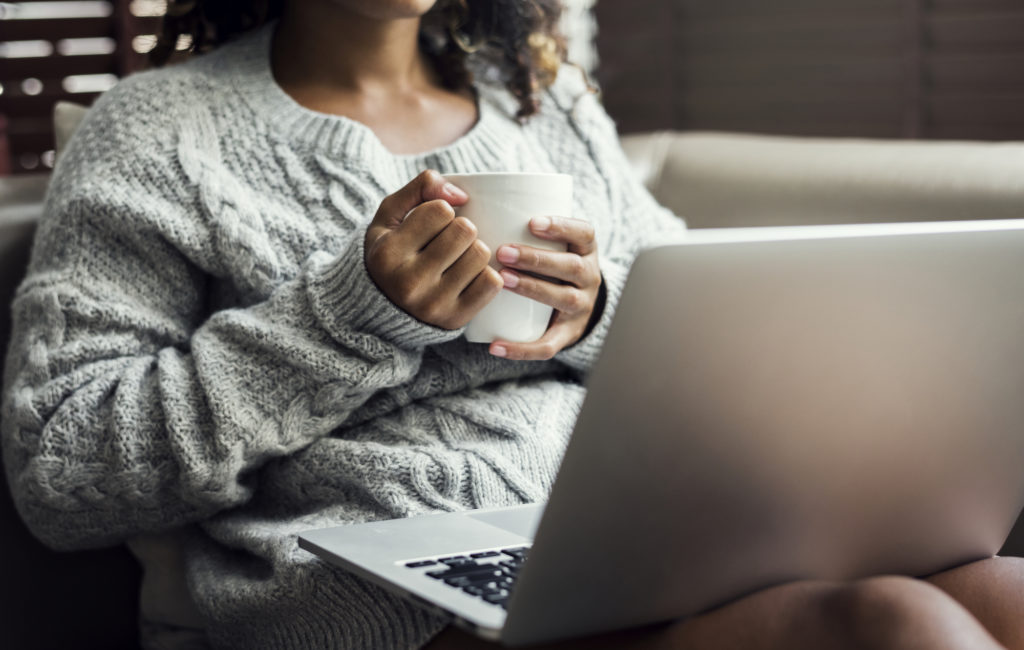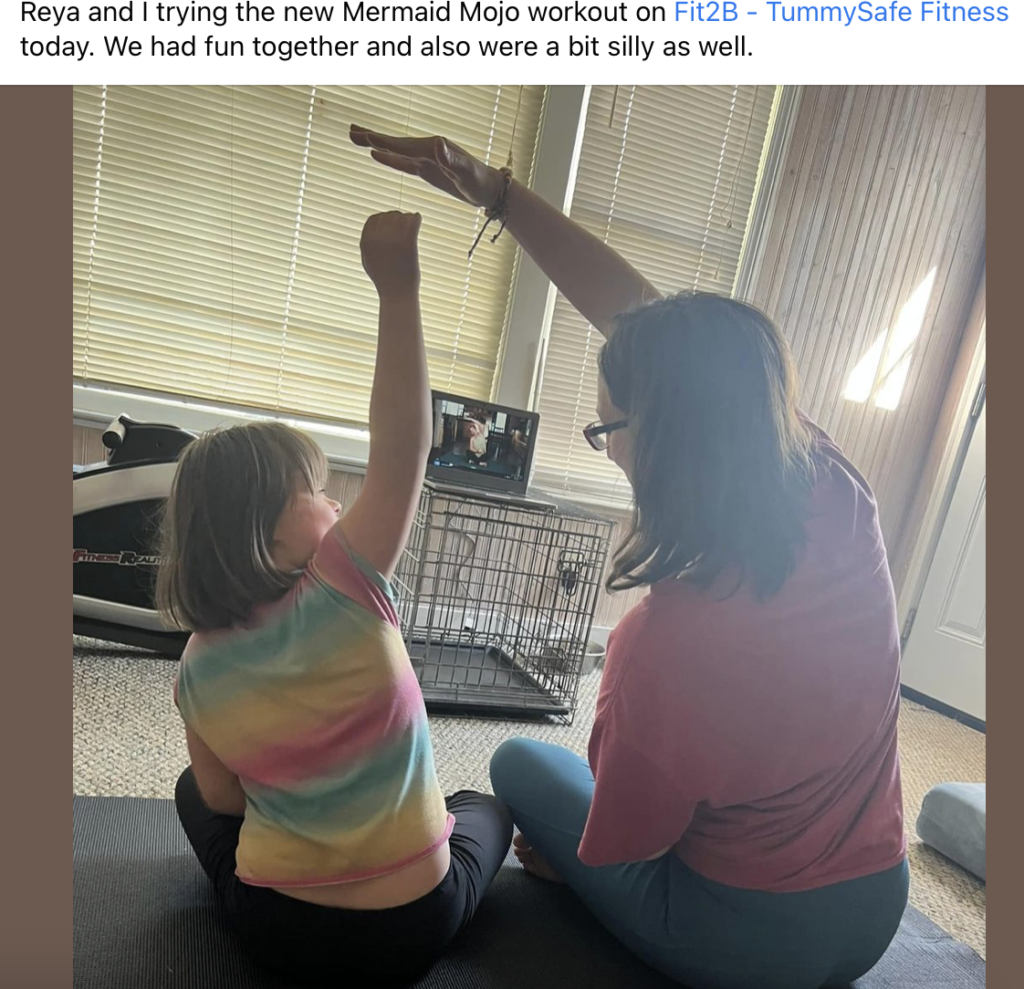Blog
How fitness can help mental health + my story {video}
Even as I help women get stronger, I can feel powerless sometimes. Just like you, I find myself wondering – in the midst of mind-numbing news constantly coming at us from around the globe – what can I do? What difference can I make when life feels so “out of control” and even dangerous?
At the time of writing this, an event that’s heavy on my mind is the tragedy in Uvalde, TX where 19 children and 2 teachers lost their lives. I rarely discuss world events on this fitness platform. After all, what use are my fitness skills and knowledge of Diastasis Recti in the face of mass shootings and war in Ukraine? Aside from calling my representatives and keeping the victim’s family’s in my thoughts and prayers – which many decry as ‘not enough’ – I found myself asking what I could do?
Then, as the details of that particular school shooting in Uvalde unfolded, all of it struck a personal chord with me for two reasons: First, fitness impacts mental health, and second because I volunteer every week with kids experiencing situations parallel to the shooter.
Listen to our podcast with Dr. Hyatt about Depression here.
I’ve decided to share my thoughts here, because I have unique insights on ways we can improve the mental health of ourselves and those around us with specific types of exercise AND because I have personally witnessed how early interventions can change the trajectory of young lives.
In that video, I went live with my fans to share {very transparently} my own journey through severe anxiety and depression + tips for working with children who are struggling – both in our own homes and in our communities. We cannot afford to ignore the struggles within our own minds nor the struggles of those around us.
Every week, I serve at Xchange Recovery Center which offers intensive outpatient services, housing, AA meetings, and counseling to people coming out of addiction. I work directly with children who have been raised by addicts, have had to move in with grandparents, have been bullied in school, have been struggling with their mental health, have long lists of traumas dating back to their infancy.
I structure classes, manage volunteers, and build relationships with hundreds of parents and their kids. On any given week, we’ll have about 40-50 kids in our program, and I have 20-30 “at risk youth” in my own class each week whose life experiences are strikingly similar to the shooter: bullied by peers, struggling in school, trouble at home, parents managing substance use disorder, battling anxiety and depression, and difficult experiences with living in foster care or with extended family.
After recognizing the similarities, I have felt an even deeper sense of responsibility to be there for the kids in our community, to do what I can, to show up, to love them, to remind them that they are loved and preciously made. I’ve begun talking more about mental health, how I manage my own mentality, and what they can do when they are feeling sad enough or angry enough to hurt themselves or someone else.
If you are an adult feeling that way, you’re not alone, and I urge you to seek help here immediately. Teenagers are at higher risk since 2020 with some recent studies suggesting that mental health issues have risen over 40% since the lockdowns. According to a November, 2021 post by the World Health Organization:
- Globally, one in seven 10-19-year-olds experiences a mental disorder, accounting for 13% of the global burden of disease in this age group.
- Depression, anxiety and behavioural disorders are among the leading causes of illness and disability among adolescents.
- Suicide is the fourth leading cause of death among 15-19 year-olds.
Many are considering hurting themselves or others, and we must be vigilant in fighting our own basic battles which start with ourselves and our families, inside our walls.
Two things you can do each day:
- Exercise for 10-30 minutes
- Eat enough protein, healthy fats & complex carbs
Exercising a little bit each day is proven to help mental health more than any medication because it stimulates the natural release of dopamine. Also, being sure you’re getting enough wholesome fats, carbs, veggies, and protein which nourish your mind. Brains need movement and nutrition and rest to function well, and I’d add LOVE to that recipe too ❤️
Take care of yourself. Prioritize your family’s fitness, well-being and rest right along with your nutrition and movement. And check on your friends and neighbors. Offer to go for a walk with that other mom. Encourage your kids to talk to the lonely kids in their class. Pay it backward in the drive-thru. Smile at a stranger. Tip your waiter a little extra. Hug your kids a little tighter.
Call your representatives and say what you think needs to happen. Take your neighbor some cookies. Offer that teenager some money to mow your lawn and ask them what books they’ve read lately. Find a community center and learn how you can help with the kids programs. You can’t do everything, but you can do something. Be the change you want to see in this world, and keep moving in love.
Leave a comment
What are some ways you’re thinking of helping in your community? What helps you when your mental health is low? What are you doing in your family to address their/your mental health? What type of workout seems to help you the most?
Need ways to workout at home? Learn more about membership to Fit2B and our huge library of family-friendly workout videos here!



